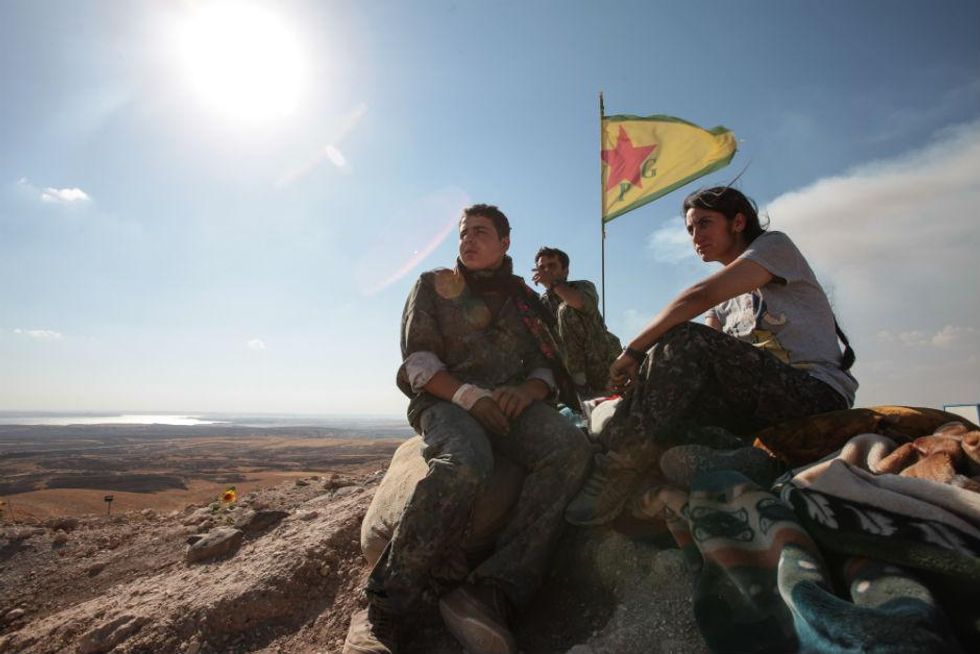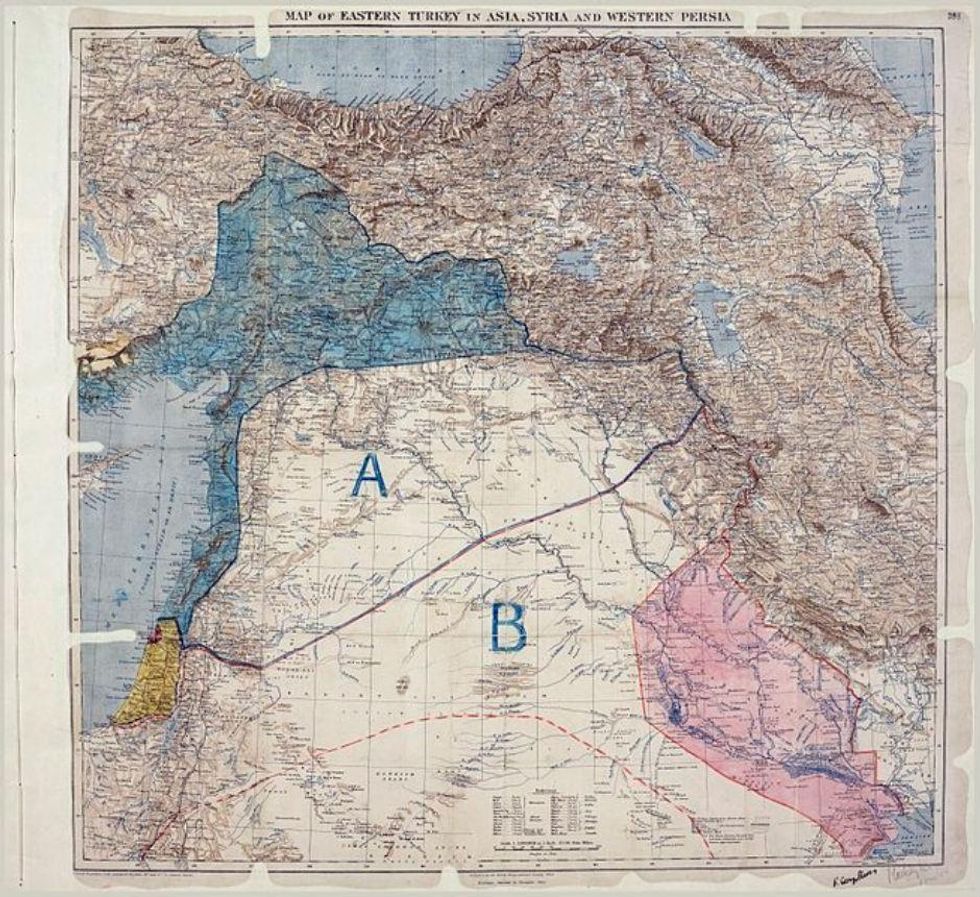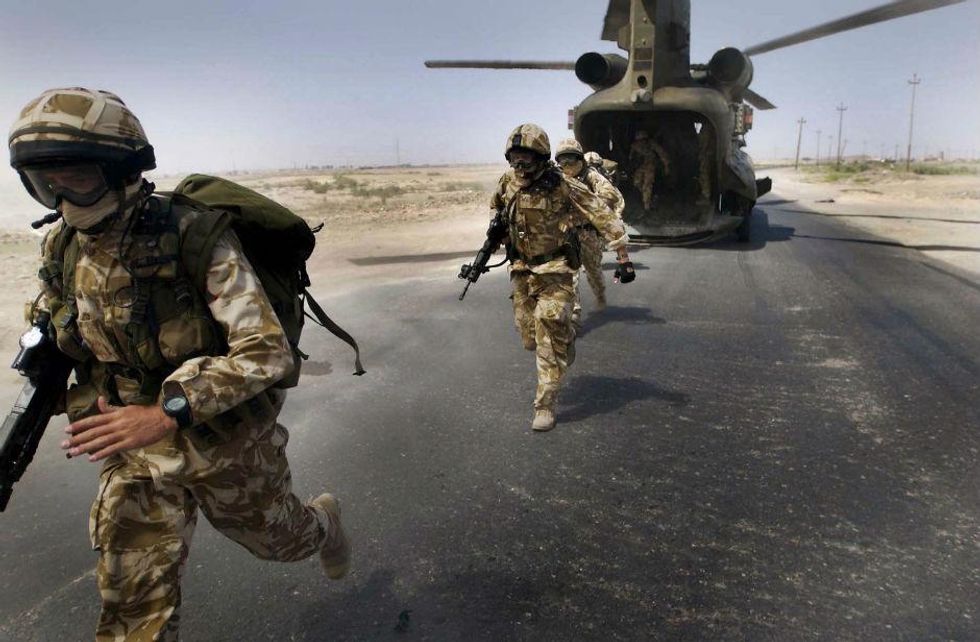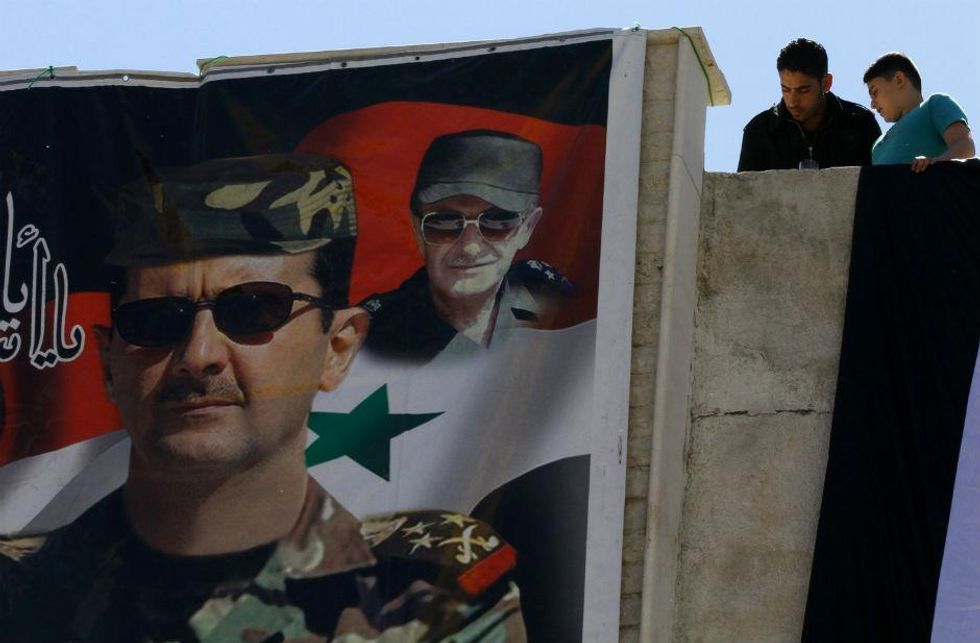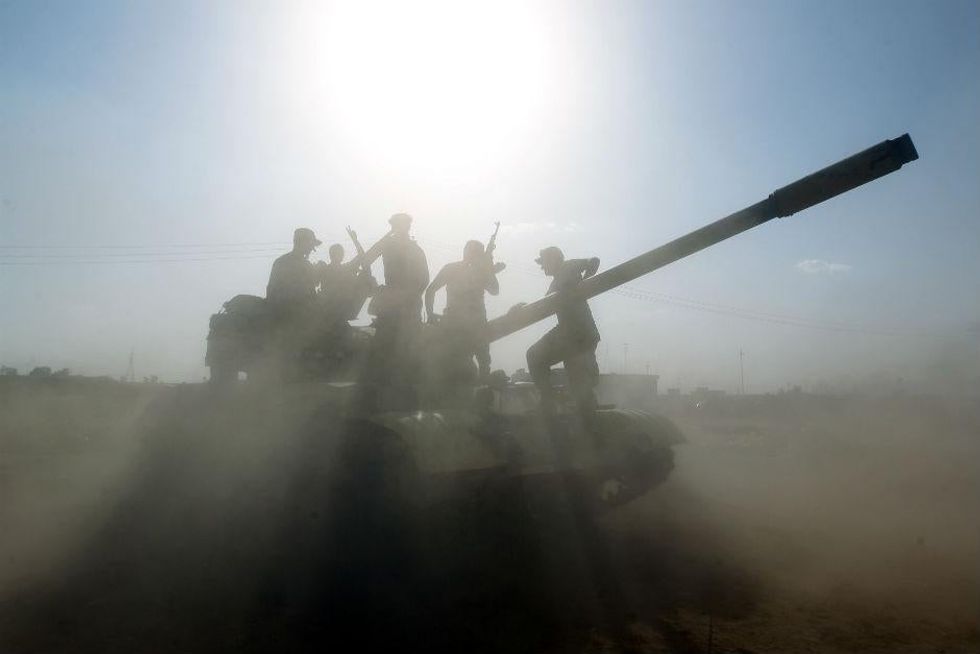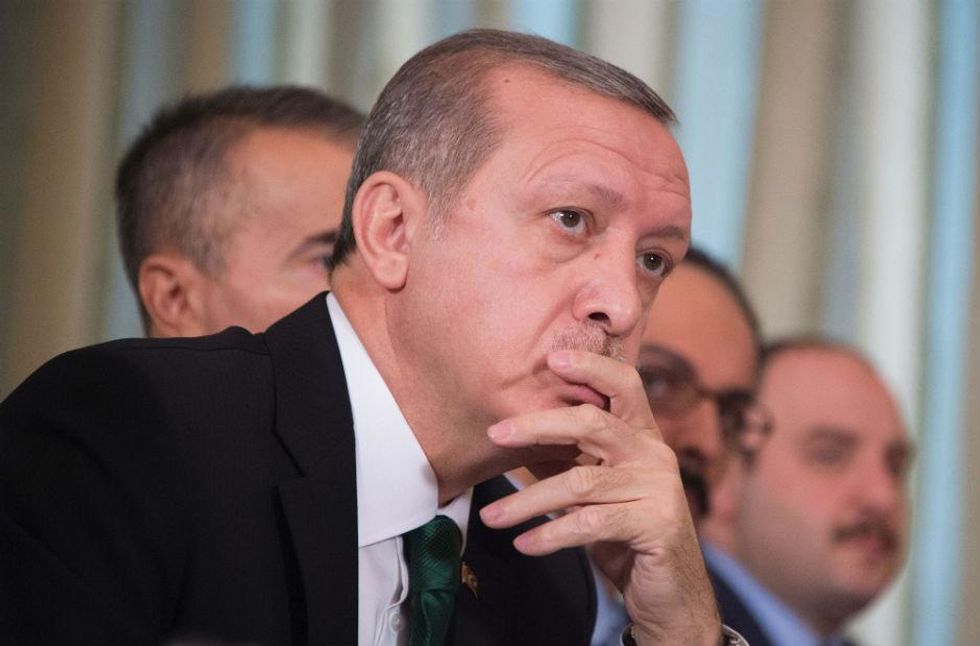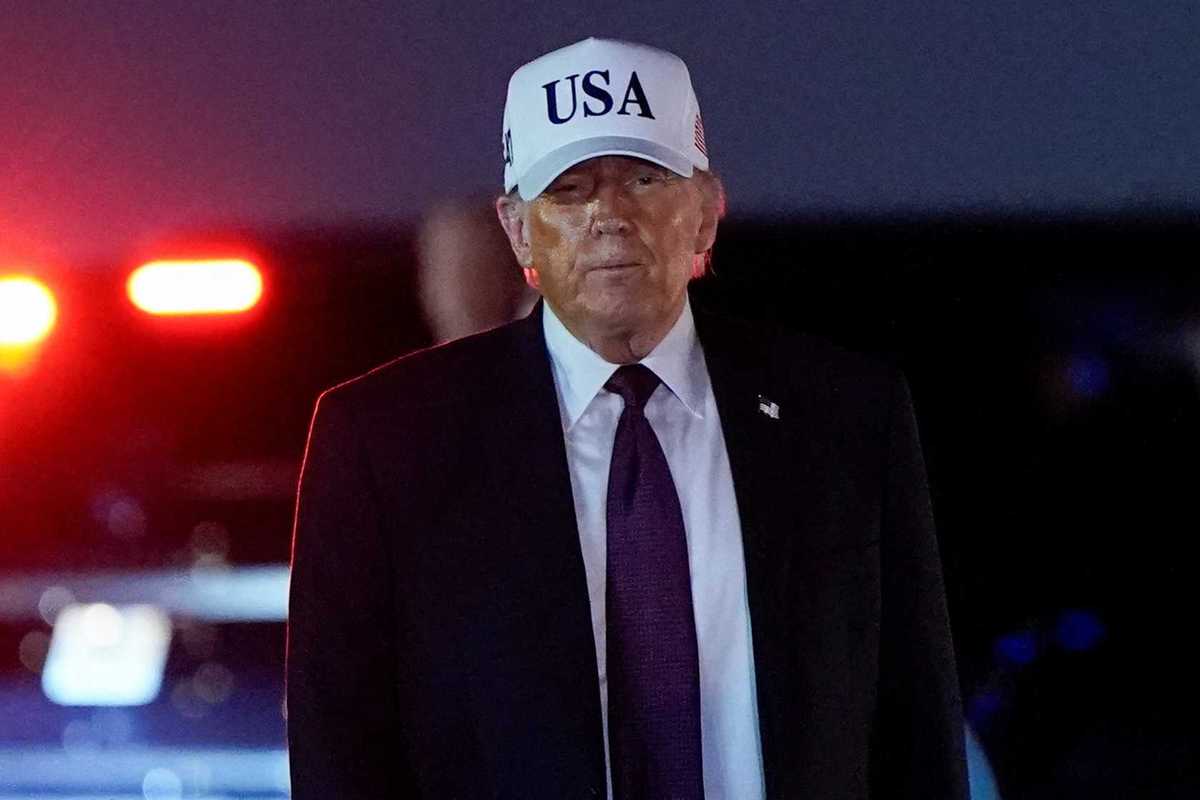News
Evan Bartlett
Dec 02, 2015
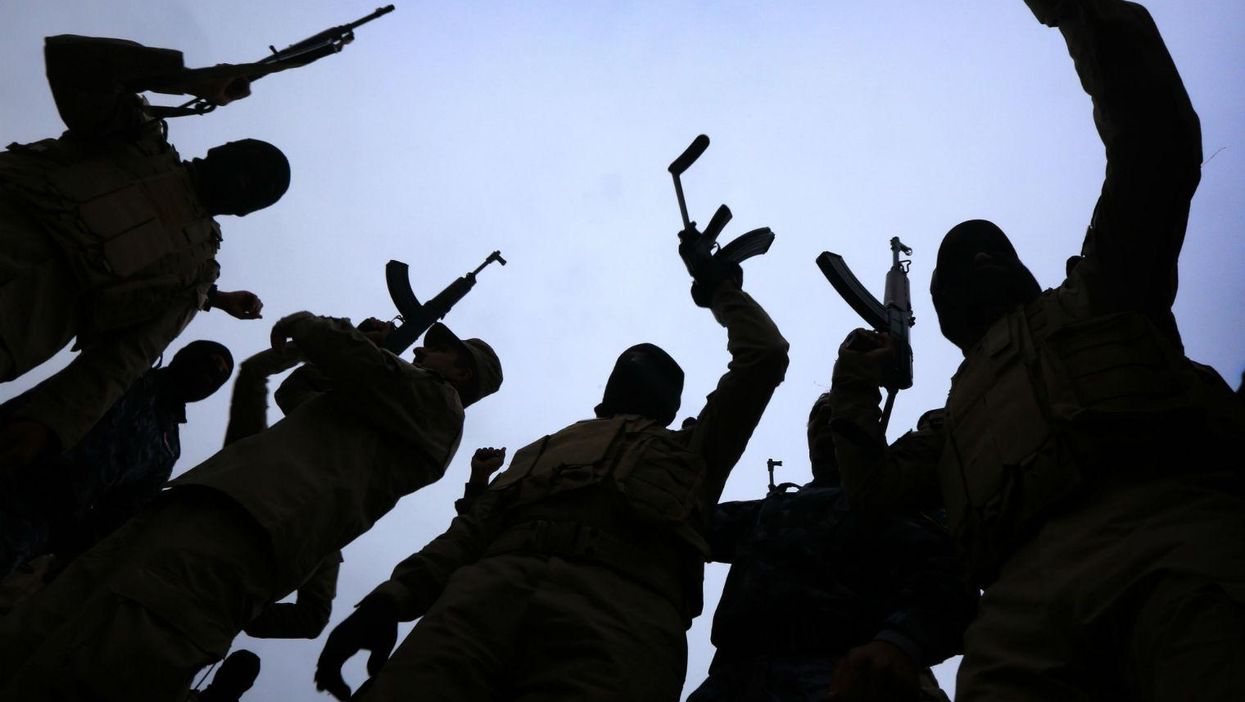
After a lengthy debate in the House of Commons on Wednesday, MPs are expected to vote in favour of launching air strikes on Isis in Syria.
While the RAF already conducts bombing missions on the terrorist group in Iraq, less than half of Britons want to extend those into neighbouring Syria.
However, most analysts agree that air strikes alone will not be enough to defeat Isis. Here are ten alternatives that have been proposed.
1. Support Kurdish ground forces and ask Turkey to stop bombing them
Described as "the most effective anti-Isis ground force" by The Independent's Middle East correspondent Patrick Cockburn, the People’s Protection Units (YPG) - Syrian Kurds - have consistently won battles against the extremist group.
One of the biggest hurdles with supporting the Kurds is the Turkish government, which has been conducting air strikes against the Kurdistan Workers' Party (PKK) - Kurds in Turkey and Iraqi Kurdistan who have also been fighting Isis - in order to suppress a push for independence. Nato and the EU officially regard the PKK as a terrorist organisation.
2. Redraw borders in the Middle East
In conjunction with supporting moderate ground forces in Iraq and Syria, former foreign secretary William Hague has suggested that a redrawing of borders in the region may help to stabilise it and stop sectarian violence:
If the leaders of either country cannot construct a state where all communities can live together, it will be right to consider international support for their partition.
A subdivided Syria might now be the only one that can be at peace.
Although as we have learned from the Sykes-Picot agreement, drawing lines in the sand has not exactly always been successful.
3. Send in ground troops
While "boots on the ground", in the wake of messy wars in Afghanistan, Iraq and Libya, is a deeply unpopular option with the British public, some have argued that it would be more effective than air strikes alone.
The former chief of the defence staff, General Lord Dave Richards, said it was a "no-brainer" to send in ground forces:
Air power alone will not win a campaign like this. It isn’t actually a counter-terrorist operation. This is a conventional enemy in that it has armour, tanks, artillery, it is quite wealthy, it holds ground and it is going to fight. So therefore you have to view it as a conventional military campaign.
4. Support the Assad regime
As Russia has clearly decided, supporting the despotic regime of Bashar al-Assad, which has probably killed many more Syrians than Isis, is the best way to foster stability (or at least maintain Russian interests) in the region - something the British, French and US governments are all opposed to doing.
5. Stop selling weapons to the Middle East
With more than £4bn worth of British weaponry having been sold to Saudi Arabia, not to mention all the rest from countries like France and the US, the Middle East has been flooded with arms - some of which have inadvertently, or perhaps deliberately, ended up in the hands of Isis.
Stopping this flow, as Jeremy Corbyn argued earlier this year, could be a key method of defeating the group:
Isis didn’t come from nowhere, its weapons don’t come from nowhere. We sell vast amounts of weapons to Saudi Arabia, Qatar, Bahrain, and a number of other places – how many of those end up in the hands of Isis? With all that money in their hands.
6. Starve their funds
Former Greek finance minister Yanis Varoufakis has argued that not only must we aim to cut off Isis' supply of arms, but we must also "starve" it of money.
Bombing is not the solution. I can't see British and French and American soldiers invading Syria and starting another debacle.
So the only solution is to 'starve' Isis. What does it mean to 'starve' them? To hit them where it hurts: in the pocket. The only way to do that is by tackling Saudi Arabia and the emirates that are supporting them.
7. Close the border with Turkey
The US government has demanded that Turkey closes a 60-mile stretch of its border which it believes is being used by Isis to smuggle fighters, arms and money into Syria and on to Iraq.
Barack Obama said:
The game has changed. Enough is enough. The border needs to be sealed.
This is an international threat, and it’s coming out of Syria and it’s coming through Turkish territory.
8. Start a war of words
David Cameron announced on Wednesday that the British government would start referring to Isis as Daesh - a transliterated acronym of the Arabic term "Dawlat al-Islamiyah f'al-Iraq wa al-Sham" which translates to "Islamic State in Iraq and the Levant".
9. Donald Trump's 'foolproof' plan
The Republican presidential candidate announced earlier this year that he had a "foolproof" plan to defeat the terror group. He just did not want to tell anyone about it at the time because he did not "want the enemy to know what I’m doing".
He then elaborated on his plan, telling Bill O'Reilly of Fox News that he would "take back the oil".
Once you go over and take back that oil, they have nothing. You bomb the hell out of them, and then you encircle it, and then you go in. And you let Mobil go in, and you let our great oil companies go in. Once you take that oil, they have nothing left.
10. Take down their propaganda machine
Following the attacks in Paris last month, hacktivist group Anonymous sought to take down a series of Isis accounts on social media in a campaign it titled #OpParis.
The group also took down an Isis-affiliated website and replaced it with an advert for Viagra as part of a large-scale cyber-attack aimed at halting the flow of propaganda.
In truth, we probably need a mix of most of the above (just maybe not the ghastly combination of Assad and Donald Trump).
More: If Corbyn sympathises with terrorists, what about Cameron and Saudi Arabia?
More: Here's what a single UK airstrike in Syria could fund instead
More: William Hague has a foolproof plan for peace in Syria and Iraq
Top 100
The Conversation (0)
